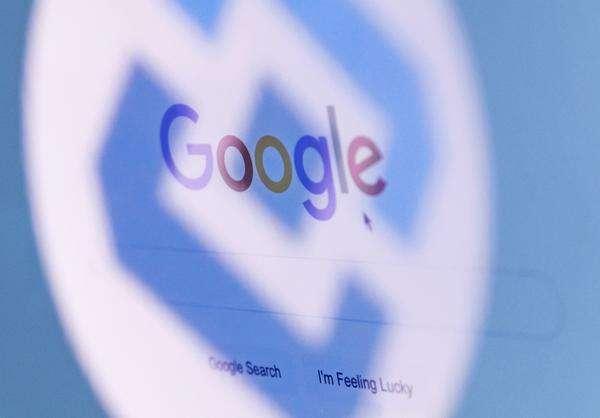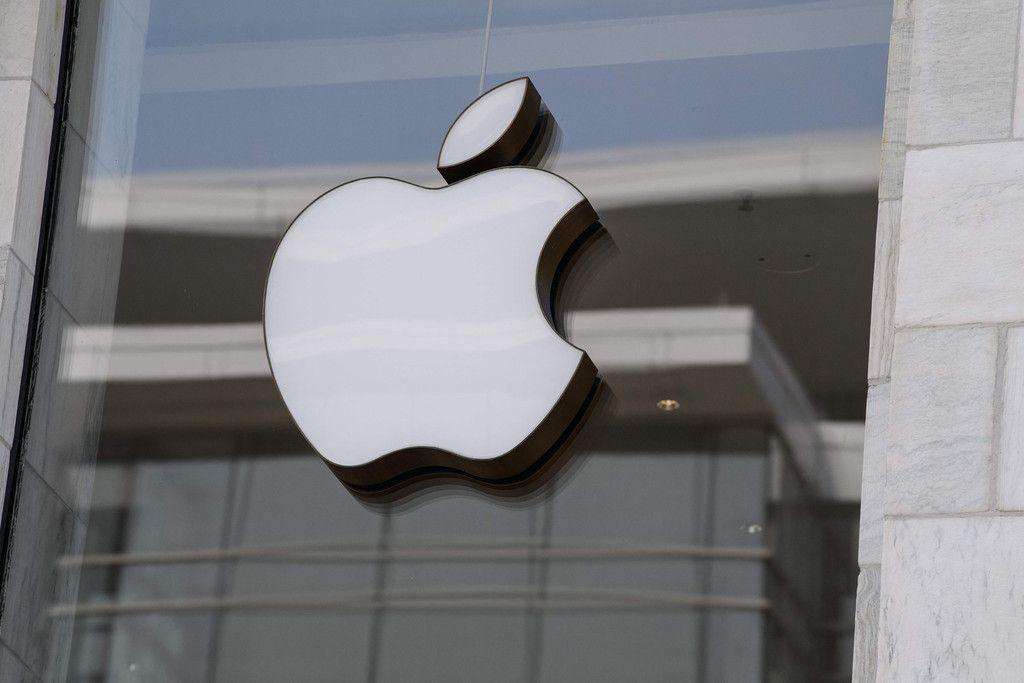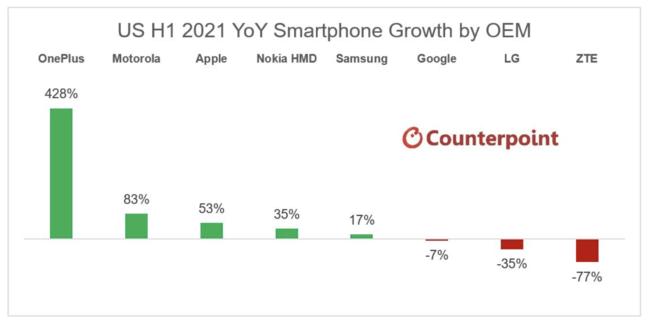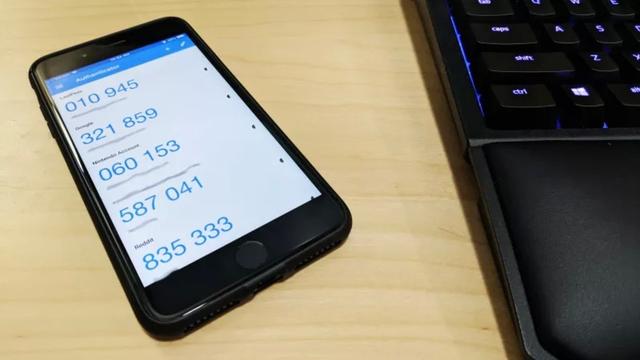Angle: Apple ruling favors Google Revision of billing rules
edited by Reuters
Read in 2 minutes
[Oakland (California, USA) 10th Reuters] - As the federal district court in California continued to allow Apple to charge up to 30% of in-app purchases, an Android app developer filed a complaint against Google The fate of the lawsuits that have been filed has also become unclear.
This district court case was brought against Apple by Epic Games, which develops the popular game app "Fortnite," and Apple's app store "App Store", which requires the use of its own billing system, has objected. It claimed that it violated the trust law (antitrust law). A federal district court on Thursday ordered Apple to allow the inducement to charge externally.
App developers, including Epic, are also suing Google. A trial is at least a year away, giving both plaintiffs and defendants time to scrutinize the verdict, legal experts say.
Google Play, the Android app store, has policies similar to Apple's, which DA Davidson analyst Tom Fort said was a risk for Google. Congress may draft legislation.

Apple stock fell 3.3% and Alphabet, the parent company of Google, fell 1.9% following the ruling.
However, the district court allowed Apple to collect in-app purchases and a 15-30% commission. “We are very pleased,” Apple general counsel Catherine Adams told reporters. "It's not a win for developers or consumers," Epic CEO Tim Sweeney tweeted.
Even legal experts are divided. Rebecca Allensworth, a professor at Vanderbilt University Law School, said the ruling was against Google. "(Google) will be encouraged by the ruling," said Valerie Williams, a partner at Alston & Byrd, an antitrust expert.
Judge Gonzalez Rogers of the Federal District Court pointed out that restricting distribution allows users to purchase apps without worrying about viruses. "By reviewing apps to remove fraudulent, offensive content, and copyright infringements, and by setting stricter standards for handling personal information, we're making it 'broader' safer," he said.
Furthermore, the ruling said that while the fees would bring "an order of magnitude benefit" to Apple, forcing Apple to ease restrictions could make it impossible for app developers to make money from providing a platform. pointed out. Apple's claimed benefits of high security and centralized control could be compromised, he said.
Google also justifies its terms and fees in its lawsuit documents, claiming the protection and security of personal information. Given Google's smaller share of the U.S. app market, plaintiffs may need to reassess their claims. The district court denied Epic's claim that Apple was a monopoly.
Originally, the lawsuit against Google was difficult. Google's system allows apps to be downloaded from outside the app store, making it difficult to claim that it dominates the market. They did not impose their own policy.
Reuters reached out to Google, Epic, and the app developer suing Google for comment, but all declined.
Our Code of Conduct: Thomson Reuters Principles of Trust


![10th generation Core i5 equipped 9.5h drive mobile notebook is on sale at 50,000 yen level [Cool by Evo Book] 10th generation Core i5 equipped 9.5h drive mobile notebook is on sale at 50,000 yen level [Cool by Evo Book]](https://website-google-hk.oss-cn-hongkong.aliyuncs.com/drawing/article_results_9/2022/3/9/4a18d0792cae58836b71b9f591325261_0.jpeg)





![[Amazon time sale in progress! ] 64GB microSD card of 1,266 yen and wireless earphone with noise canceling function of 52% off, etc. [Amazon time sale in progress! ] 64GB microSD card of 1,266 yen and wireless earphone with noise canceling function of 52% off, etc.](https://website-google-hk.oss-cn-hongkong.aliyuncs.com/drawing/article_results_9/2022/3/9/c88341f90bab7fe3ce1dc78d8bd6b02d_0.jpeg)
